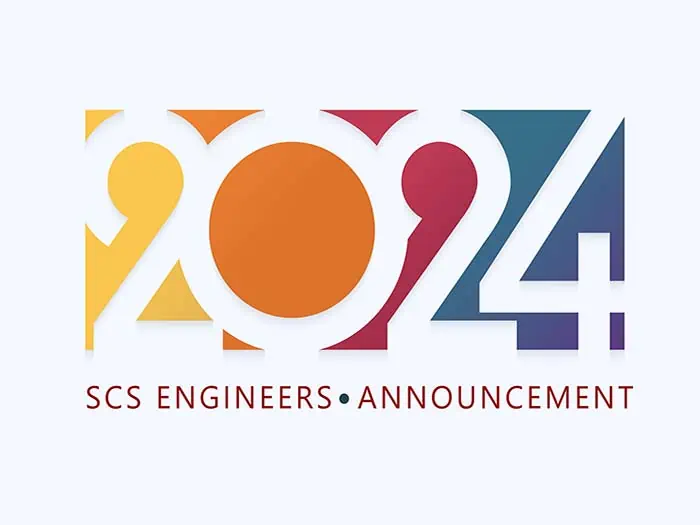


On September 16th, the U.S. Environmental Protection Agency (EPA) announced $117 million for three separate funding opportunities to advance recycling infrastructure and boost food waste prevention education across the country. Two of the notices are for Solid Waste Infrastructure for Recycling grants – one funding opportunity for Tribes and intertribal consortia and another for communities (such as cities, counties, and parishes) across the country. The third notice is for EPA’s Recycling Education and Outreach grant program and is focused on food waste prevention and composting. All three opportunities provide the largest EPA investment in recycling in more than 30 years.
Communities in Need
Some communities that lack waste management infrastructure do not have curbside waste collection services, recycling, or composting programs, which increases the strain on local waste management systems and increases greenhouse gas emissions. In addition, mismanaged waste contributes to health and economic issues in historically underserved and overburdened communities. Increasing recycling reduces climate, environmental, and social impacts of materials use and keeps valuable resources in use instead of in landfills. Preventing wasted food from ending up in landfills plays an important role in reducing greenhouse gas emissions.
Working Toward a National Strategy
The grant opportunities aim to improve waste management systems and consumer education and outreach on waste prevention and recycling, meeting U.S. goals to create a stronger, more resilient, and cost-effective U.S. recycling system. These funding opportunities also put the concrete steps identified in the “National Strategy for Reducing Food Loss and Waste and Recycling Organics” into action.
Recycling Education and Outreach Grant Funding Programs aim to increase recycling through composting, less wasted food from households, markets for selling compost, and lower contamination in the compost stream. Projects funded through the Solid Waste Infrastructure for Recycling and Recycling Education and Outreach grants will improve post-consumer materials management and infrastructure using the basis of sustainability and a circular economy.
Additional Resources: